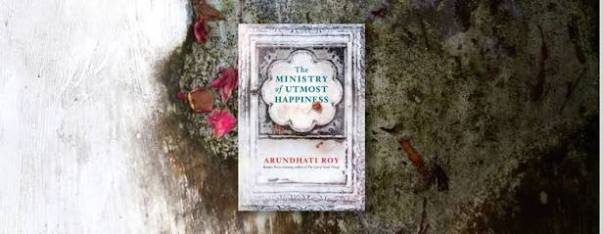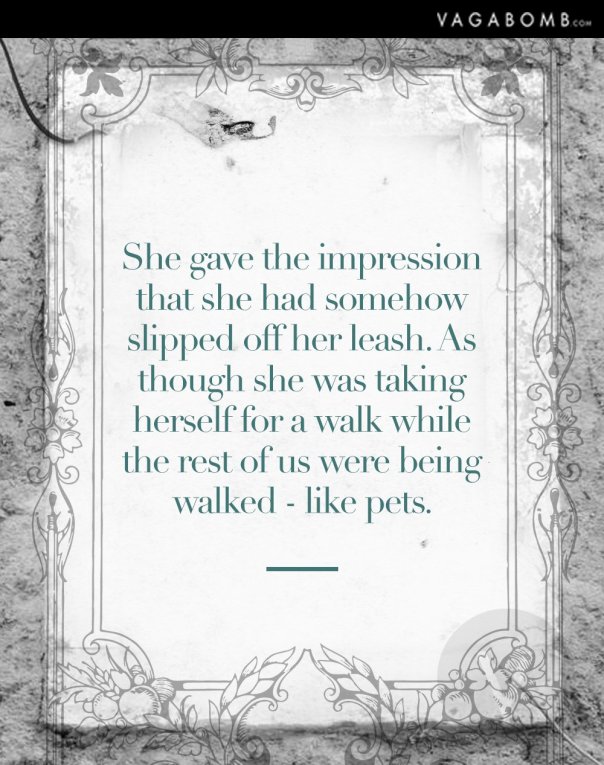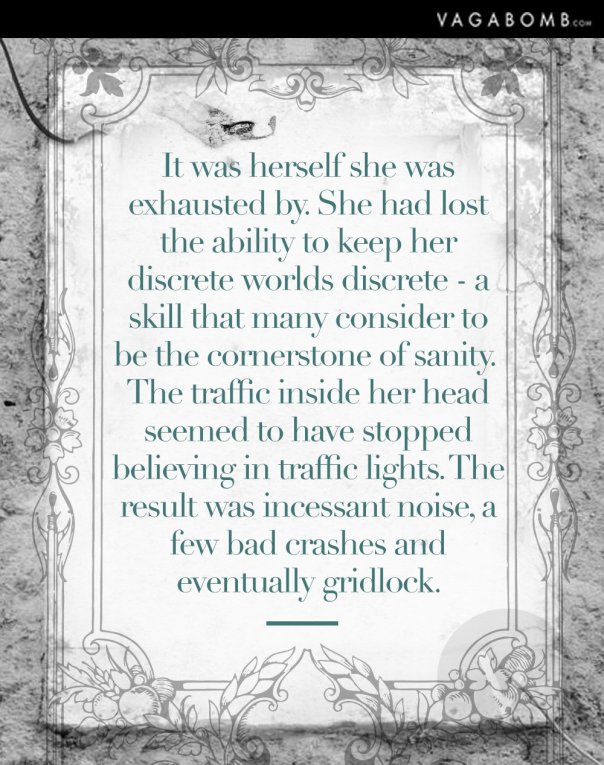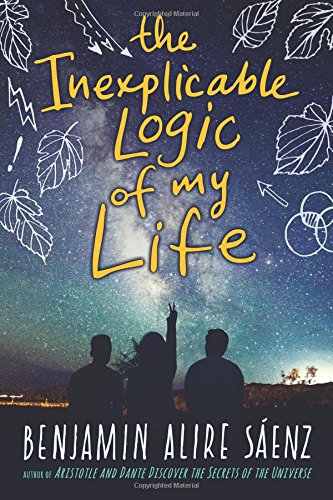
She has been loved to bits, ridiculed to the limits, hated with a vengeance, questioned till there was nothing left, labeled an anti-national, called a pseudo intellectual, her life has been dissected thread bare and her psyche explored like a Phd thesis. Ever since her Booker Prize, each aspect of her has been ripped apart. Her non- fictional books and articles have been derided by academicians and lay people alike. Her patriotism has been questioned as if she was the most dangerous terrorist this country has ever seen. Yet, she seem to go on stoically, doing exactly what she wants, saying exactly what she feels, not caring even a wee bit about what the world feels about her, or her writing.
This is a book that was looked forward to by many, for almost twenty years. Her second book of fiction, they say. As her first one, how much is fiction and how much is fact, I wonder. But then, isn’t fiction itself a fact, a piece of life sliced away from a lifetime of experiences? A way of looking at life in a detached manner, the luxury of which we are denied in our realities?
At first, it’s the story of Aftab, a girl caught in the body of a boy. Sacrilege in the family that she was born into and the society that she is forced to live in. But she is defiant, the raging fires could not be restrained. She gains acceptance as she embraces her reality and turns into Anjum, the famous queen of the graveyard. As her story unfolds, what tugs at your heart and stays there long after is the riots, and her silence after that. A silence that speaks much louder than any gunshot or cry could ever be.
Then comes Tilo. The dark and skinny ‘orphan’ girl from the South. And the three men whose lives are twisted around her for years, maybe for ever. When you read, there are certain images that you weave around each character. If Anjum is a tall, manly creature dressed in neon coloured, sequined flowing dresses with a loud and slightly nasal voice, Musa a stout and fair Kashmiri with eyes like that of the famed Pakistani chai wallah, Naga the quintessential loud voice in a party with a swag, and ‘Garson Hobart’ a pot bellied, bloody eyed semi drunkard who still longs for a love that could never be his, Tilo is so much the author, you just cannot imagine a fictitious form that character. The shaved head, the sharp collar bones, the deep and pained unfathomable eyes that speak of generations of feeling too much, it is only her that you can ever think of.

And it is Tilo and her Kashmir that has stayed with me even after days of finishing the book. And as story after story comes in from the valley, I realize she has written no fiction. Stark reality, as seen by someone who has felt it, to the core. Snippets of how life has changed for an ordinary Kashmiri,
We Kashmiris do not need to speak to each other any more in order to understand each other. We do terrible things to each other, we wound and betray and kill each other, but we understand each other.
Theories abound, rhetoric aplenty, opinions innumerable and stories written and rewritten on the why, how and when of a ‘heaven on earth’ slowly turning into the valley of death. I can see the deep ache in those eyes and feel the pain of her emotions as she wrote these words,
“Martyrdom stole into the Kashmir Valley from across the Line of Control, through moonlit mountain passes manned by soldiers. Night after night it walked on narrow, stony paths wrapped like thread around blue cliffs of ice, across vast glaciers and high meadows of waist-deep snow. It trudged past young boys shot down in snowdrifts, their bodies arranged in eerie, frozen tableaux under the pitiless gaze of the pale moon in the cold night sky, and stars that hung so low you felt you could almost touch them.
When it arrived in the Valley it stayed close to the ground and spread through the walnut groves, the saffron fields, the apple, almond and cherry orchards like a creeping mist. It whispered words of war into the ears of doctors and engineers, students and labourers, tailors and carpenters, weavers and farmers, shepherds, cooks and bards. They listened carefully, and then put down their books and implements, their needles, their chisels, their staffs, their ploughs, their cleavers and their spangled clown costumes. They stilled the looms on which they had woven the most beautiful carpets and the finest, softest shawls the world had ever seen, and ran gnarled, wondering fingers over the smooth barrels of Kalashnikovs that the strangers who visited them allowed them to touch. They followed the new Pied Pipers up into the high meadows and alpine glades where training camps had been set up. Only after they had been given guns of their own, after they had curled their fingers around the trigger and felt it give, ever so slightly, after they had weighed the odds and decided it was a viable option, only then did they allow the rage and shame of the subjugation they had endured for decades, for centuries, to course through their bodies and turn the blood in their veins into smoke.
The mist swirled on, on an indiscriminate recruitment drive.”
Once again, I wonder. Why is she hated so much? Is it because she dares to speak out exactly what she feels? Why do people seem to be so scared of her opinions? Because she says what we know in the heart of our hearts? She is no terrorist, we know. What she does is try to find reasons for certain behaviors. Isn’t that what a true artist is supposed to do? Bring out the truth when others are petrified? How does one become an anti national for this? Doesn’t each story has multiple sides? Each character a reason to be? Who decides what is right and wrong? She instigates no gunning down, she doesn’t call for massacres, neither does she side with mob fury. What she does, again and again, fiction after non-fiction, is to bring some sense to her angsts, the anxieties of a nation, the disappointments of a generation.
Oh yes, she warns us, lest we forget. While being glad that there are others, especially like her, who reflects one’s own thoughts, it’s not comforting. For, the adults in us are borne of the children we once were.
They would be more likely to win any war they fought, because they belonged to a generation that had known nothing but war.
And for an undecided youth begotten by a paranoid parent, all it takes is the collateral death of a loved one to cross the line. Literally and figuratively. We’ve seen this happening time and again.
For me, this is a book on Kashmir. She has tried to include Gujarat riots, the Narmada mess, Maoists, Bastar, the agonies of the genderless, in fact, everything that she stands for in a single story, and tries to connect it all together. Does she feel there might not be another story that she will write, or was she trying to purge herself of all that she has been holding in?
There are people who might call her crazy, like they would brand Anjum and her ilk. But, isn’t the crazy ones that has always called out the truth?

The story might feel disjointed and meandering as many a reader has called out. The chapter around Jantar Mantar where you meet Miss Jebeen the Second is too long winded, I agree. That is besides the point, though. The author’s victory lies in making the reader feel. Irrespective of what that feeling is. And then those two or three lines that stays with you long after you leave the story behind,
Her heart felt like a grey pebble in a mountain stream –something icy rushed over it.
I’m biased, you say? But then I’ve always loved gutsy women. Especially those who care two hoots about what the world says. They are all heart, and when they pour it out, you better listen.
(pictures courtesy – penguin.com and vagabomb.com)



